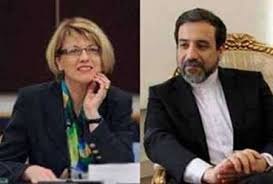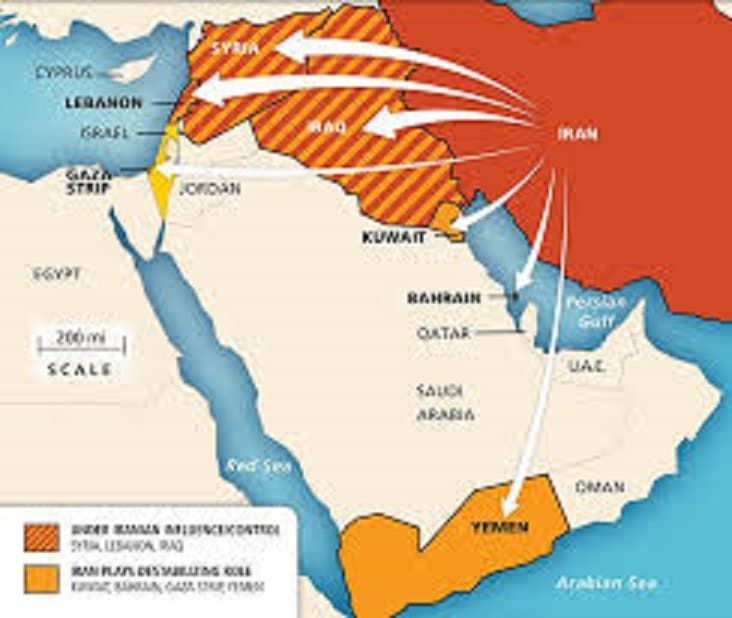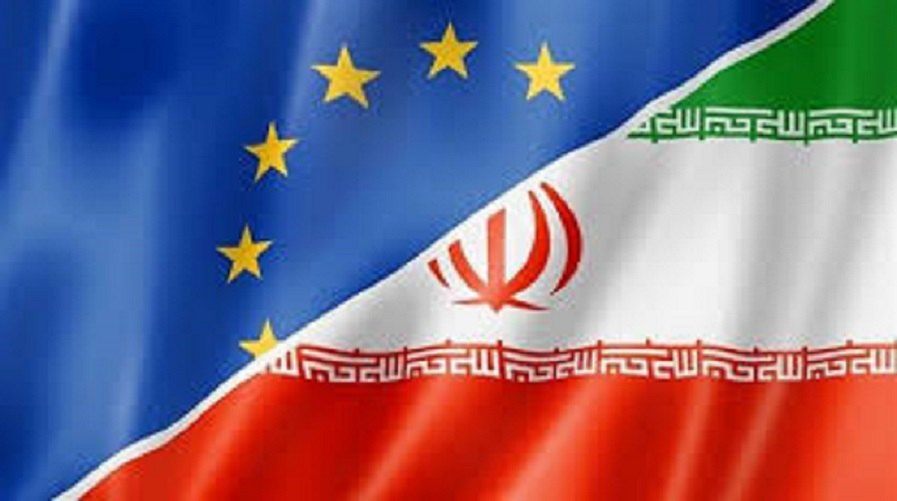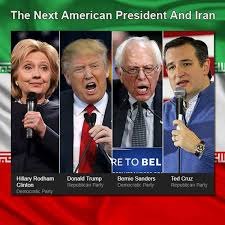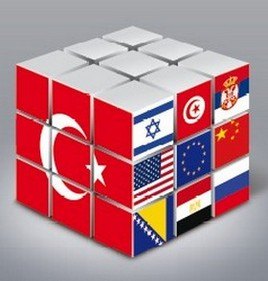The Manama Dialogue 2014
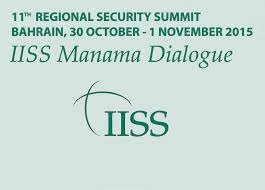
Vahideh Ahmadi
Positions of the participating countries in this meeting, especially about Iran, are a sign of continuous divergent political arrangements in the region. The main pillar of the dialogue in this meeting is that of the Bahrain’s Crown Prince who emphasized on “evil theocracies”. For him, this title is not referring to the religious belief and Islamic aspects of the political parties, but to the fractions that use the religion as an instrument to achieve their own political interests. Other participants emphasized on this issue as well and this shows a fear from spread of political Islam in countries like Bahrain and Yemen.
Beside ISIS challenge, another security concern for the regional countries including Bahrain is the dissidents movements especially from the side of the the Shiite groups in these countries. Therefore, for them the evil theocracy is a title more comprehensive than terrorism.
The security pact between the UK and Bahrain allowing presence of a British marine base in Bahrain and strengthening military presence, is another subject that was discussed as a prospect of deepening the stability in the Persian Gulf region.
Ibrahim al-Jaafari, the Iraqi foreign Minister, praising the cooperation and contribution of groups of Iraqi people in supporting the Iraqi government, rejected their possible terrorist nature and announced that the government supports these groups too, because they are supporting Iraq and due to their participation in the election, they cannot be blamed as terrorist groups anymore.
The rule of pluralism, human rights, democracy, free trade and prosperity as well as criticism of presence of the Iranian military advisors was the subjects tackled by the Canadian foreign minister in the meeting. In one of the panels entitled “Repercussion on Ten Years of Change in Regional Security” the Iranian nuclear activities and then the current situation of President Rouhani’s government collaboration with the nuclear negotiators was discussed.
Besmeh Ghasmani, a leaders of the Syrian National Council, raised the view that the moderate’s rule in Syria is to put an end to instability in the country and the main priority is to tackle the challenge of ISIS, so the political demands of dissidents and the political destiny of Bashar’s government is the second priority.
Iran was the main issue covered in the presentations and discussions of this meeting and the positions raised on this issue can be categorized in three topics: the Iranian nuclear issue, Iran and Syrian crisis and Iran’s place in the regional dynamics.
The critical positions on Iran, more than anything else, was reflecting dissatisfaction of the political authorities against domestic instability and oppositions activities as well as their continuous suspicious over Iranian support of the opposition and especially the Shiite groups.
Doubt and continuing mistrust over the nature of Iran’s nuclear activities and concerns of increase in the number of centrifuges since 2004, was among the issues criticized in the nuclear panel. By taking firm positions on the nuclear issue, the Westerners tried to lessen the worrisome of Arabs about possible strategic partnership between Iran and the West, if any, and also ensuring them on continuous convergent views of the western countries with that of Arabs about the regional competition with Iran.
Many political figures in the meeting, requested Iran to attempt for restoring the confidence, asserting that the realization of this end, is subject to settling Iran’s controversial nuclear dossier, not to support the oppositions groups in the region, including those in Bahrain and Yemen and finally its cooperation with the regional countries in coping with ISIS.
Hossein Mousavian, a former Iranian diplomat, strongly condemned the comments made by the Canadian foreign minister against presence of the Qods Forces in Iraq. Emphasizing on the effective role of Iran in fight against ISIS which is acknowledged by USA. Mousavian’s reaction was effective in changing the Canadian position viz-a-viz Iran.
It seems that absence of an official representative from Iran in this meeting, due to its tense strained ties with Bahrain and Saudi Arabia and suppression of Shiites by Al –e- Khalifeh rule, has been appropriate and consistent with diplomatic requirements.
In case of continuing hostile positions of the PGCC, especially the Saudis, and suppression of the Shiites in Bahrain, if our representative participates in these kinds of meetings, it will just highlight the Bahraini government positions and gives legitimacy to Al -e – Khalifeh rule.
Currently, there are a number of unresolved issues between Iran and the Arab countries. Therefore, they are trying to transmit their messages through these sorts of meetings.
Due to importance of these meetings which prepares a proper bed to exchange of views and understanding about many other issues, to having and institutionalizing such a meeting under the title like “Tehran Security Meeting” seems necessary.

